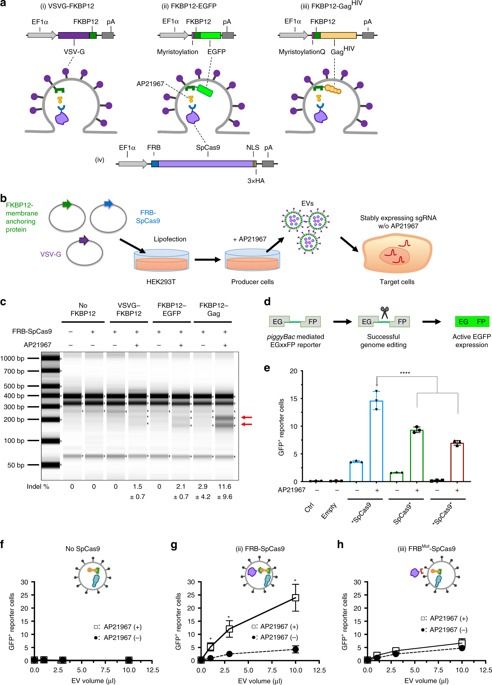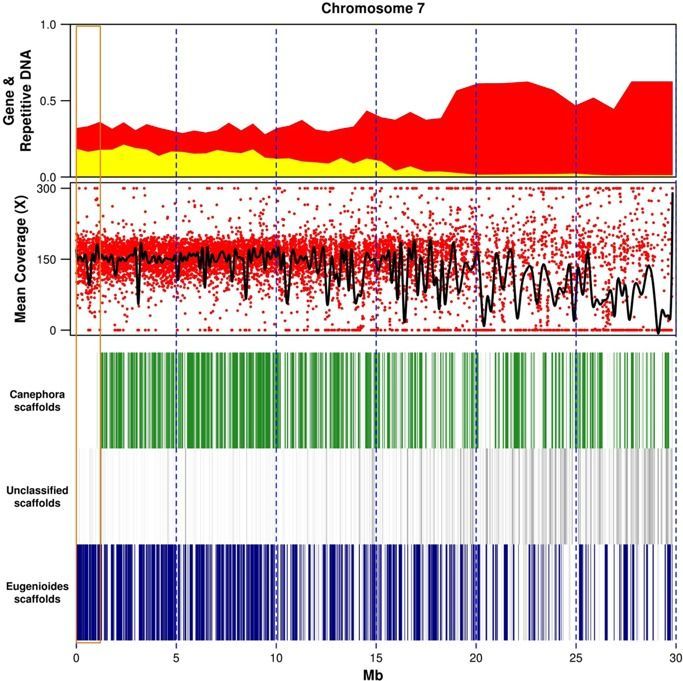WASHINGTON (Reuters) — The U.S. Food and Drug Administration (FDA) on Friday approved Thermo Fisher Scientific Inc’s coronavirus test, which would allow the firm to increase capacity to 1.4 million tests a week, a Trump administration official said.
“This will dramatically increase our ability to test people for the virus,” the official said. It was not immediately clear if capacity referred to test kit production or processing of tests performed on individual patients.
The move comes as the Trump administration struggles to meet demand for testing. The FDA has already approved emergency authorization for a faster coronavirus test made by Swiss diagnostics maker Roche.









